Frank Serafini doesn’t like the label “reluctant” reader.
Instead, he views those children as “uninspired” readers, and educators need to look for ways to inspire them — which might involve some non-traditional reading materials.

Frank Serafini
When Serafini was a school-aged youth, he wanted to read Mad Magazine, a magazine that took an irreverent, satirical look at popular culture, politics, entertainment and public figures. But it wasn’t on the “sanctioned” list of reading materials, he said.
Serafini said he may have been considered a “reluctant” reader as a youth. “I was a pretty good reader. I was only reluctant in school … because they made me read stuff I didn’t want to read,” he said.
A professor of literacy education and children’s literature at Arizona State University, Serafini was among the presenters Monday at the Power of Reading Summit at Indiana State University. The summit, now in its sixth year, is sponsored by Duke Energy, Center Point Energy and ISU’s Bayh College of Education.
The same groups also sponsored the Power of Math on Tuesday.
About 260 educators participated, both in-person and online. Those in-person came from districts across the state, while those watching online came from five states.
Serafini gave tips to educators about how to inspire young readers.
In one slide, he suggested what some boys might read: Harry Potter, Superman comics, Sports Illustrated, More Scary Stories to Tell in the Dark, Knucklehead comics or Captain Underpants.
“We like farts and worms and some people don’t,” he teased. But he emphasized that uninspired reading is not an issue of gender; it can affect both girls and boys.

Dawn Cody
Teachers can use those more non-traditional reading materials “as bridges into what you want them to read,” he said.
Certain things must happen to inspire and engage those children who may be uninspired readers.
They must see themselves as capable of being successful readers; they must see purpose in what they are doing; and they need to understand that engaging in something won’t adversely affect them.
Texts for uninspired readers should be plot driven; high interest; visual (graphic novels, magazines); purposeful; ongoing, such as a series; edgy (controversial, contemporary issues); humorous and shorter.
In helping kids see themselves as readers, he suggests providing access to readers as role models (invited guests, parents, former students); having older students serve as reading buddies with younger classes; and teachers sharing their own passion for reading and discussing why it is “cool to be a reader.”
Among those attending the reading summit was JoAnn Hurt from Greenwood Community Schools, where she is an instructional coach. She’s attended the summit in past years.

JoAnn Hurt
“What I like is the variety of quality speakers. I always find things that refocus my thinking or make me think in a slightly different direction about something,” she said. “I’ve found new programs that I didn’t know were out there. It’s always high-quality information.”
Dawn Cody of Plymouth Community Schools, a first-grade teacher, also has previously attended the conference. “I’ve learned new things that are very applicable to my classroom. I can take them from here, go home and apply them and see student growth,” she said.
Rick Burger, Duke Energy district manager, said the utilities get involved because the educators who attend are preparing the workforce of the future. “This is a way of bringing national speakers to them,” he said.
Those attending are teachers, instructional coaches and literacy specialists. “They have an opportunity to get the most recent research and strategies,” said Judy Sheese, ISU assistant dean in the Bayh College of Education. The educators also receive professional growth points for attending.
This year the focus was on the Science of Reading, which is a nationwide push to impact all readers. “These speakers today are nationally known. We’re so happy to have them here,” Sheese said.
Sue Loughlin can be reached at 812-231-4235 or at sue.loughlin@tribstar.com Follow Sue on Twitter @TribStarSue.





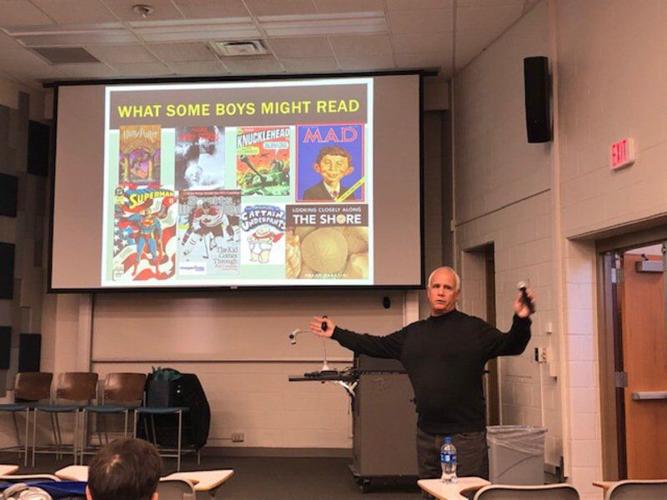



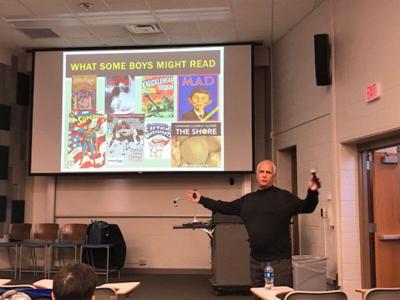
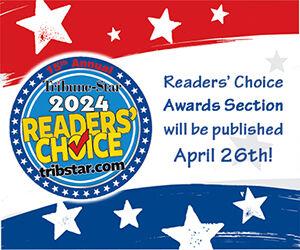
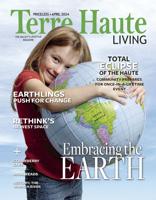
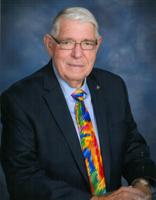
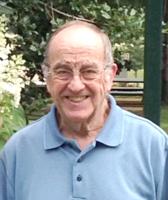
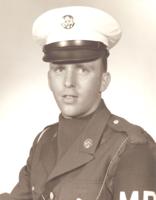
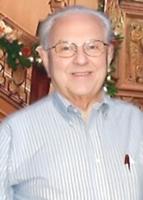
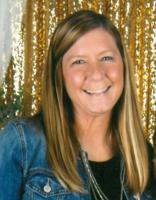
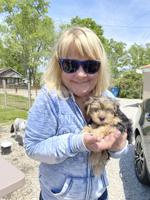



















Commented
Sorry, there are no recent results for popular commented articles.